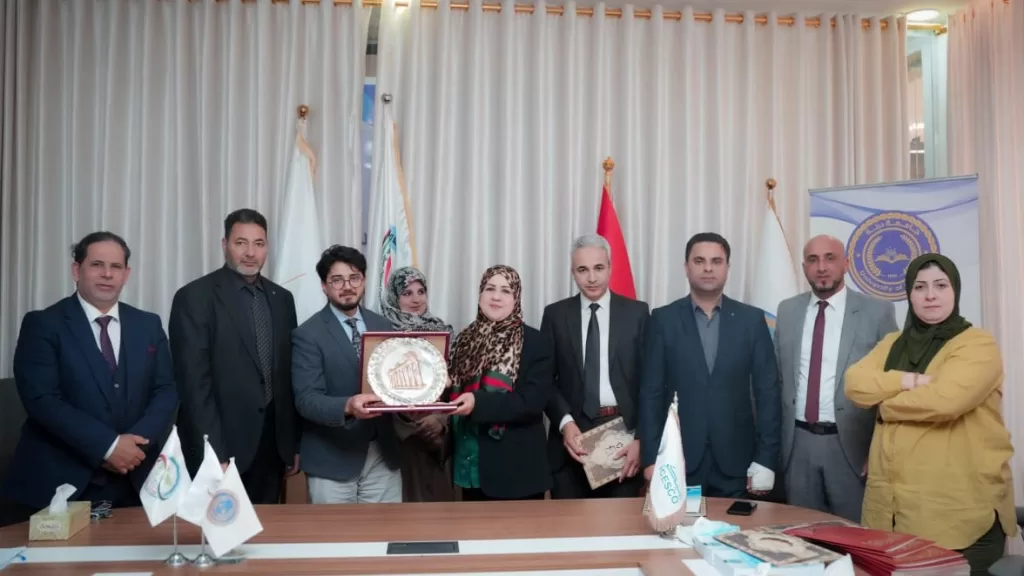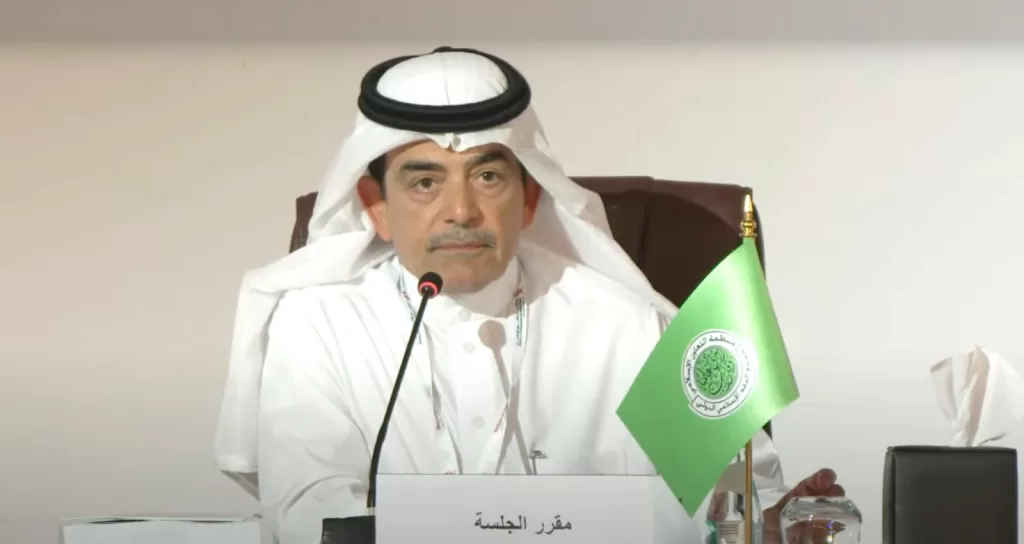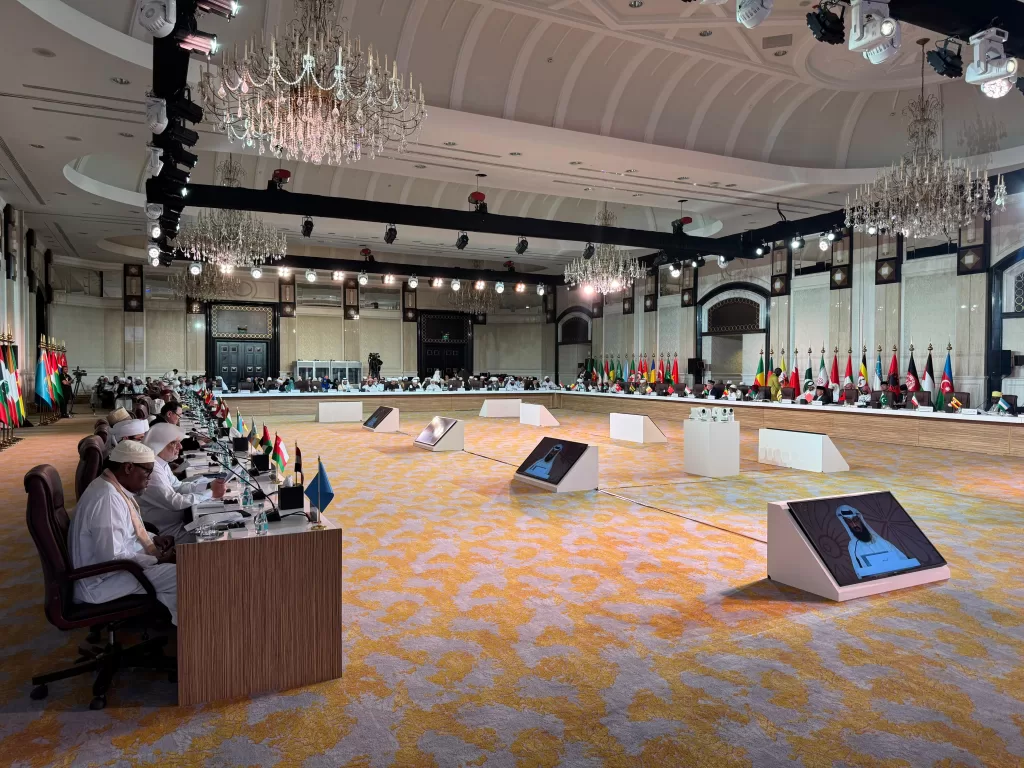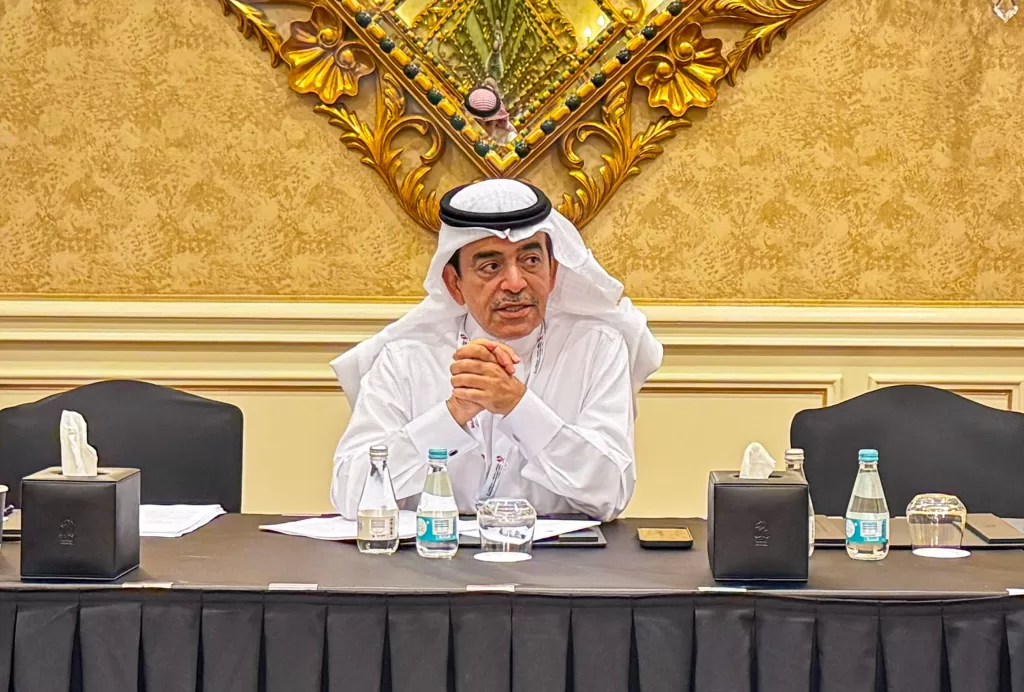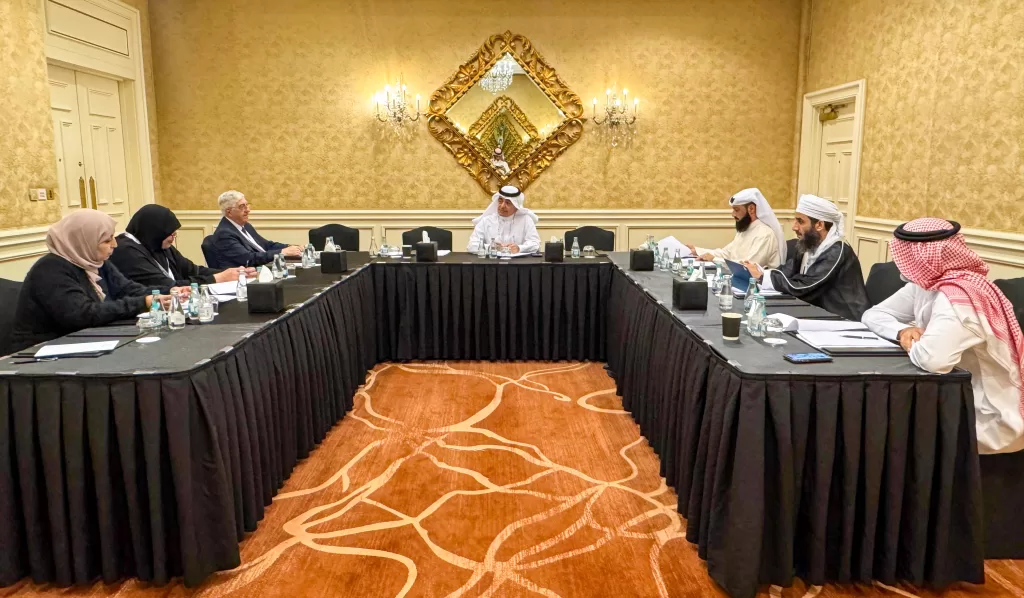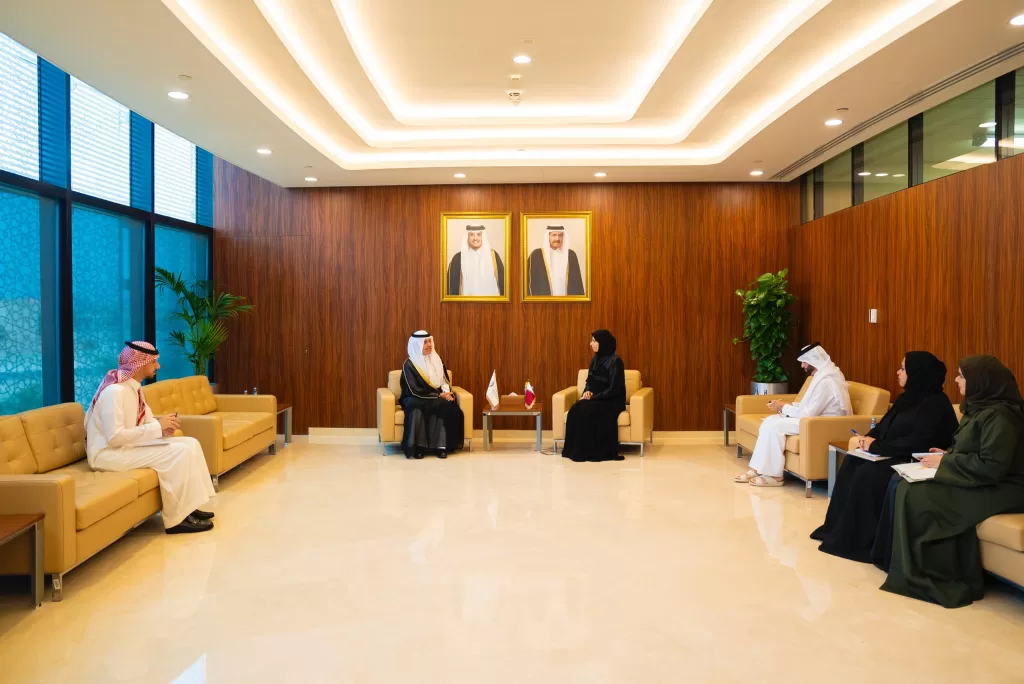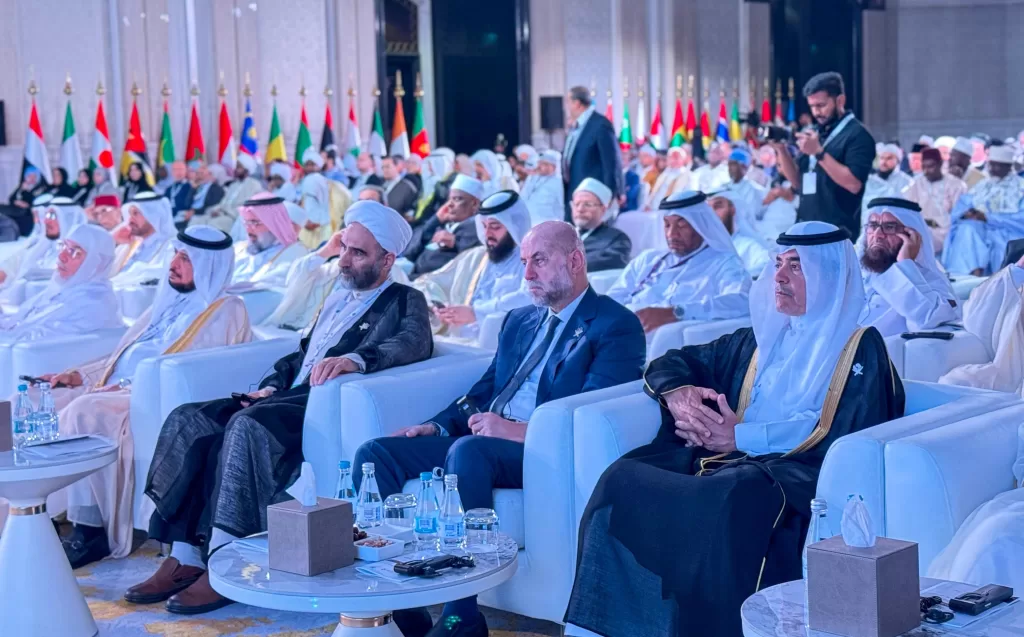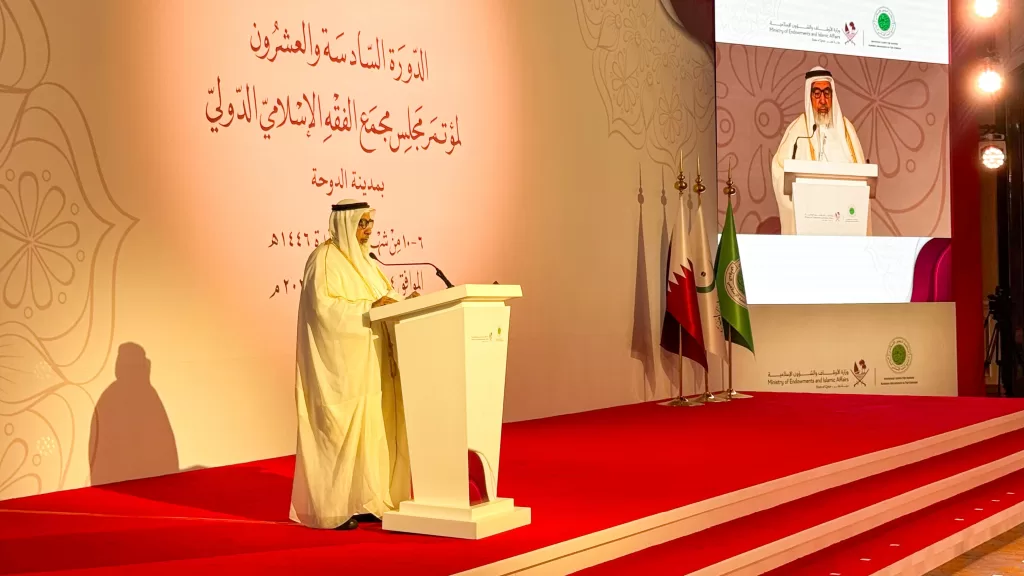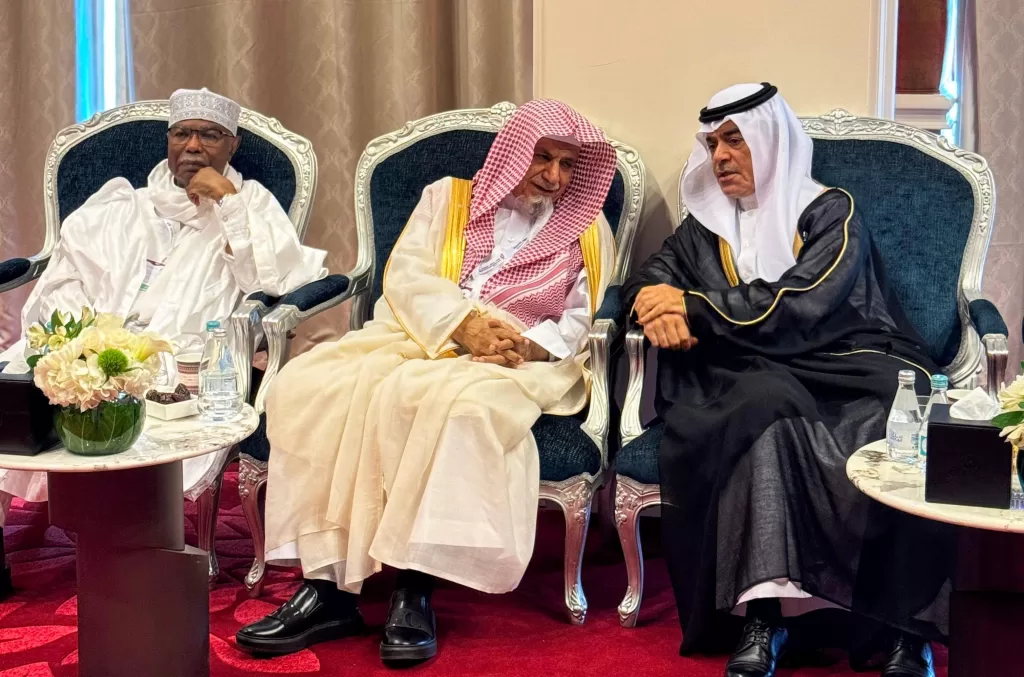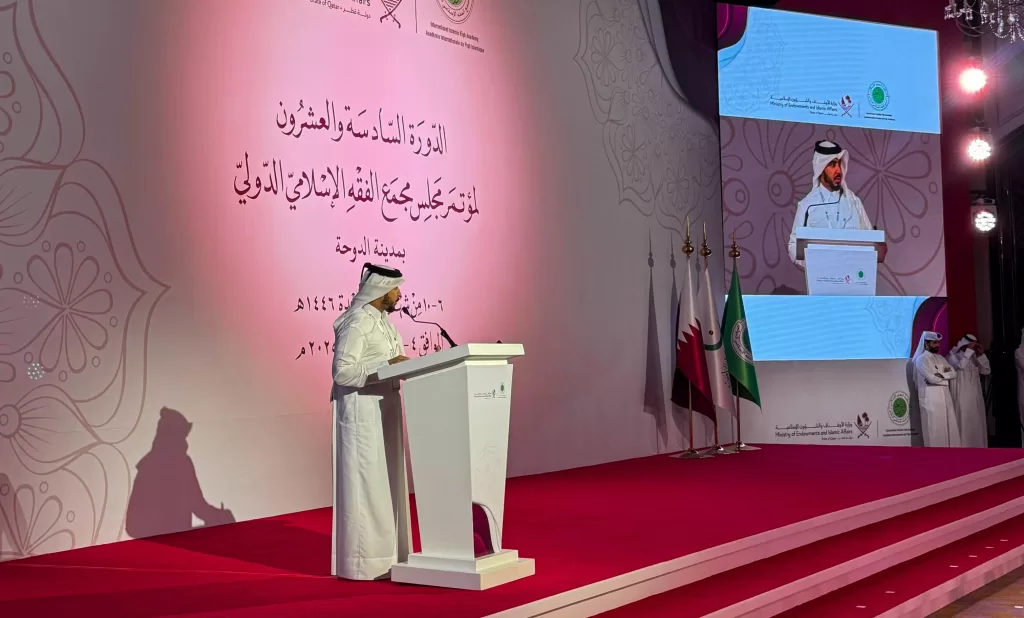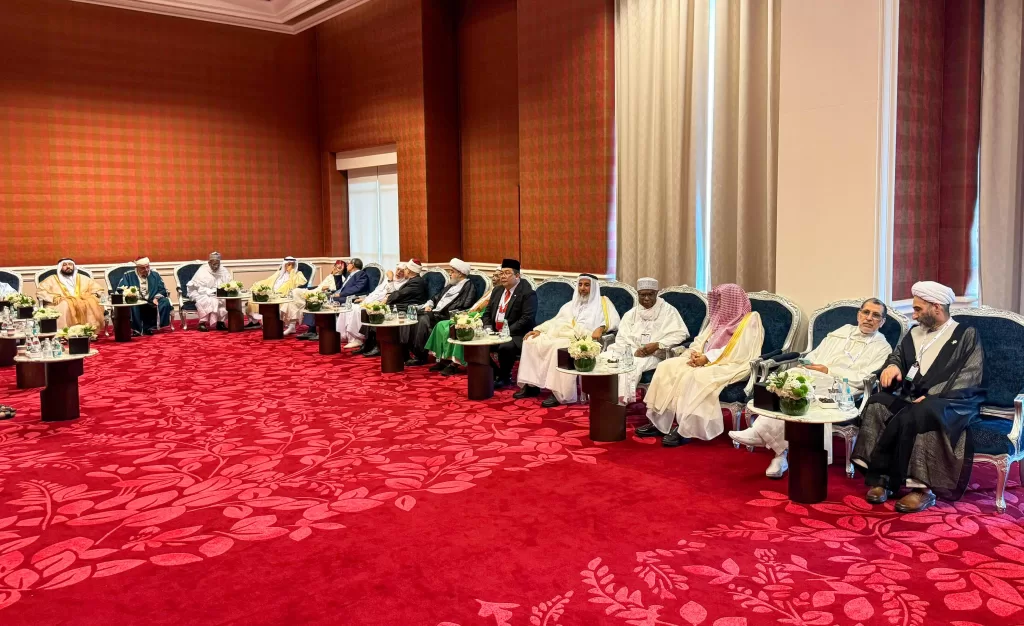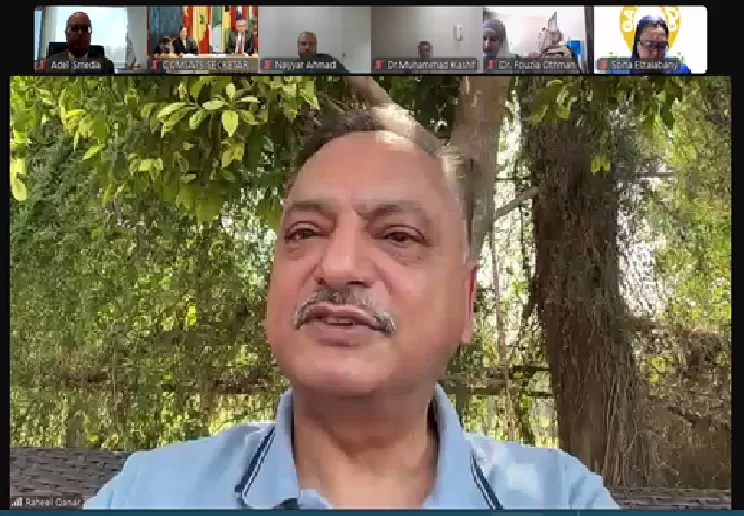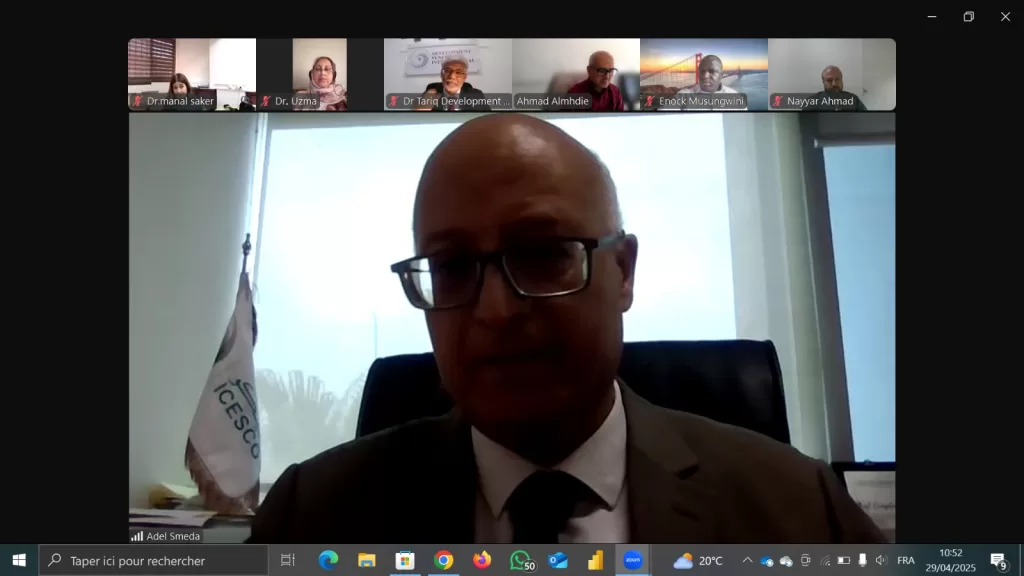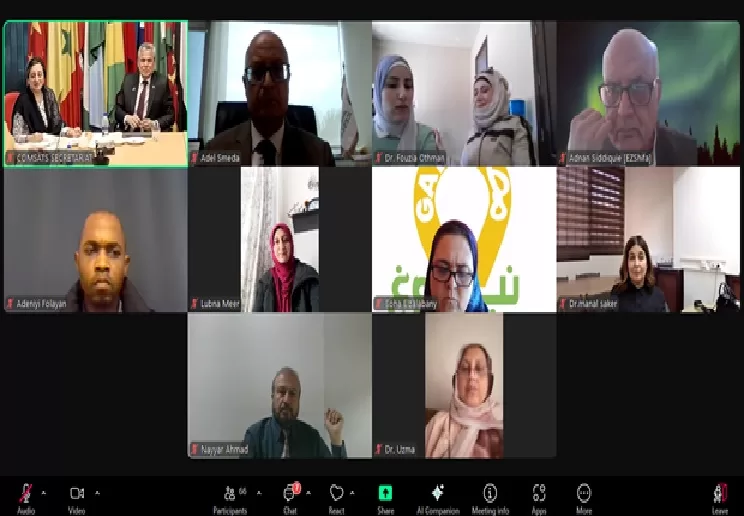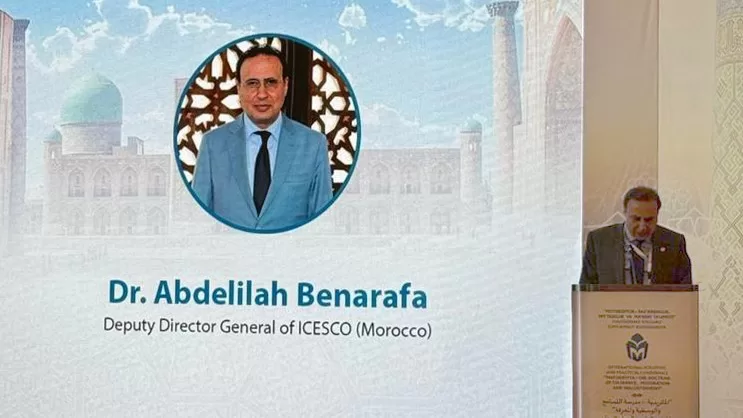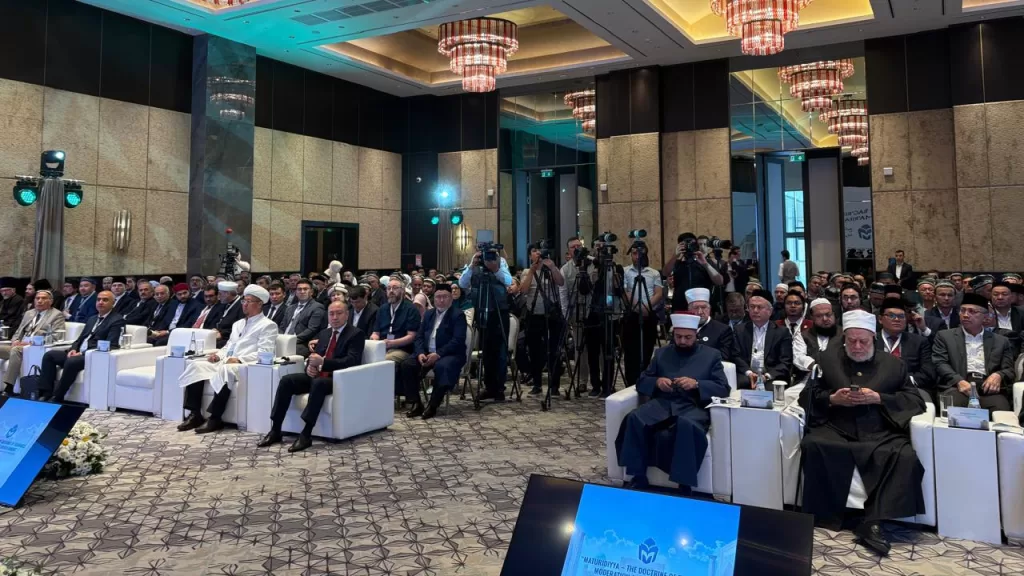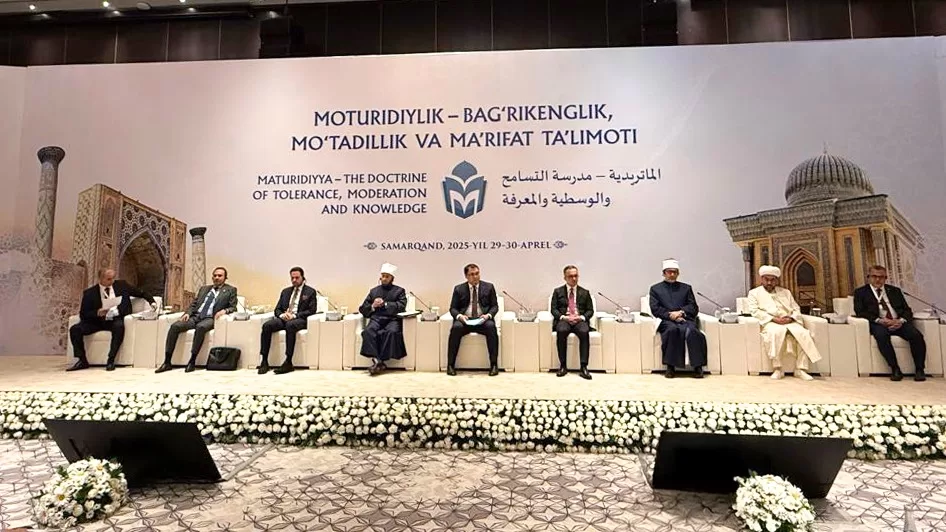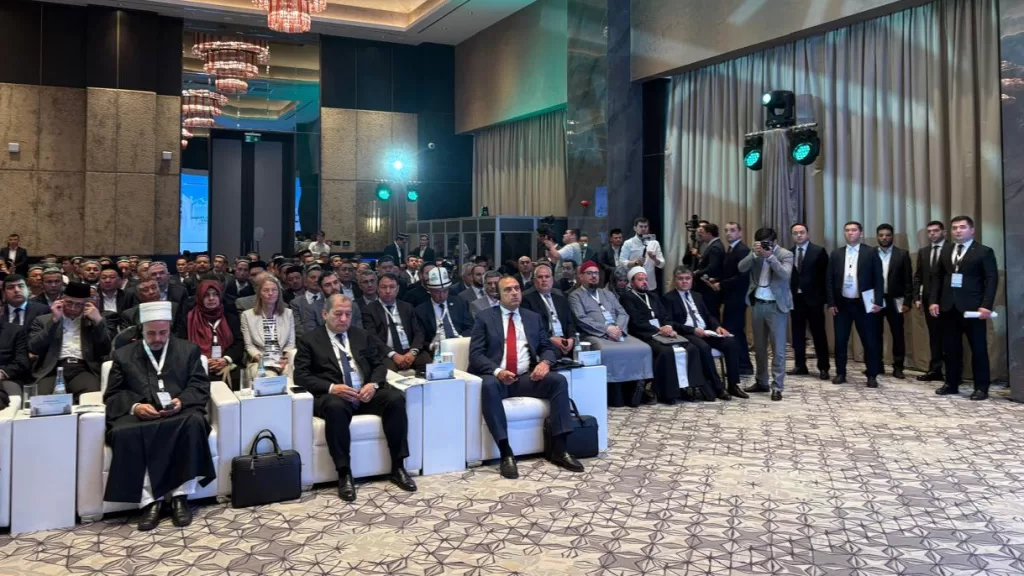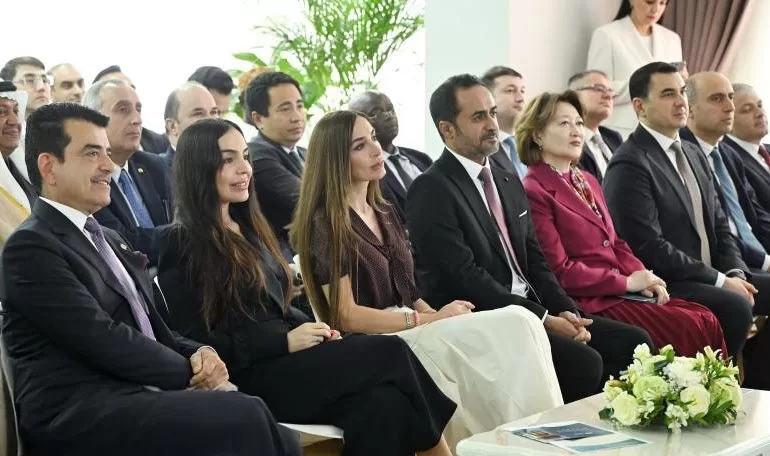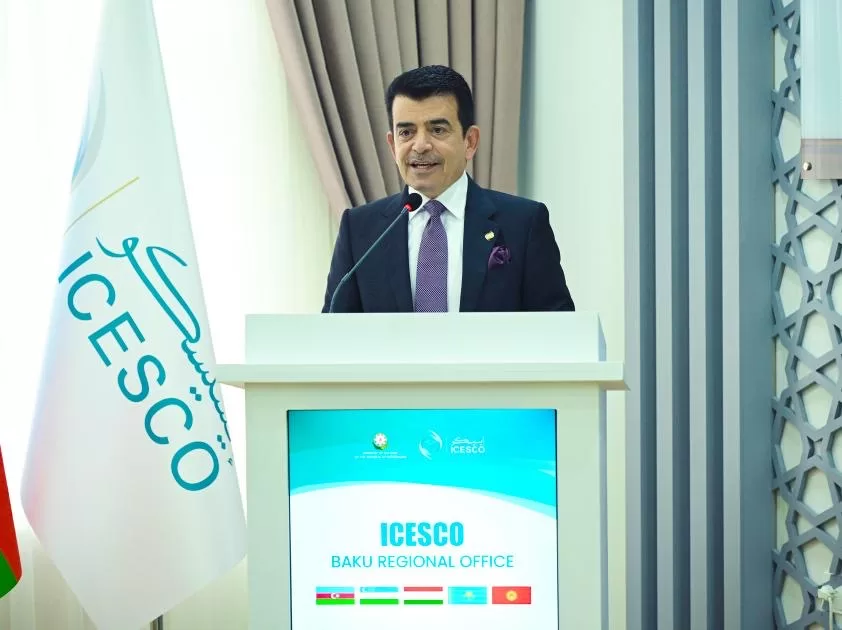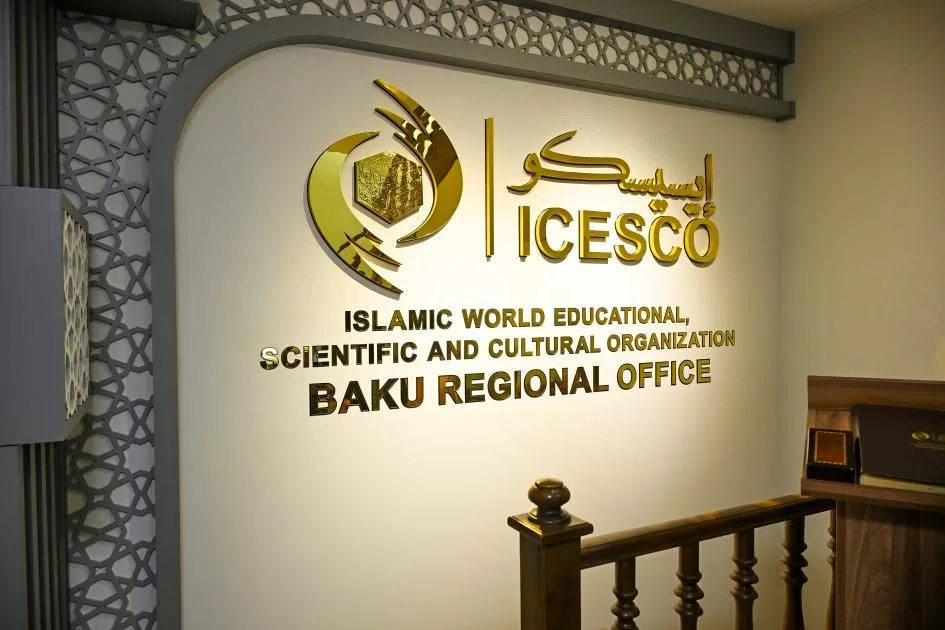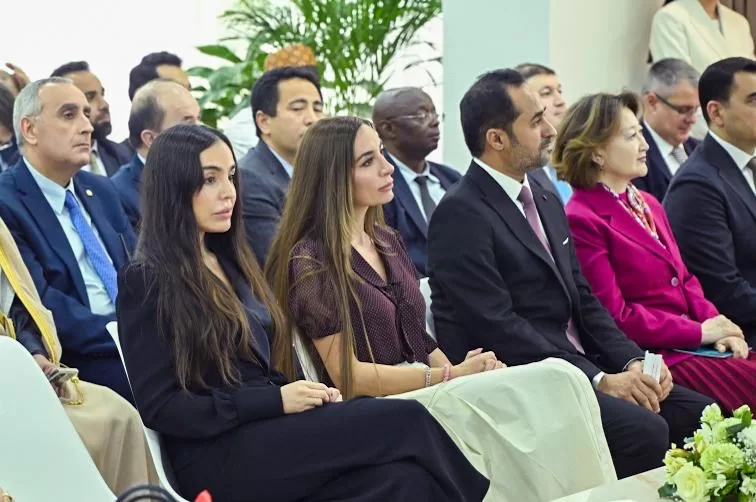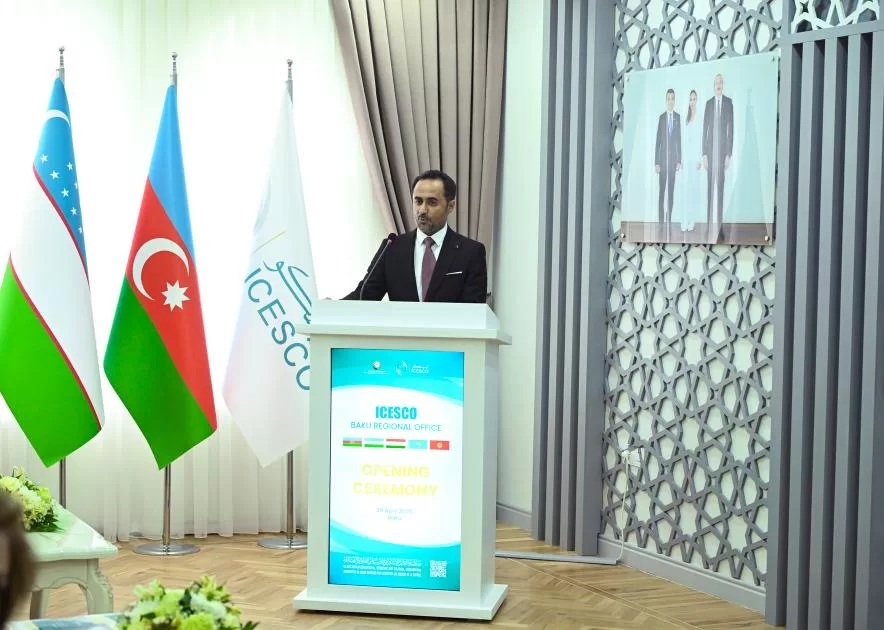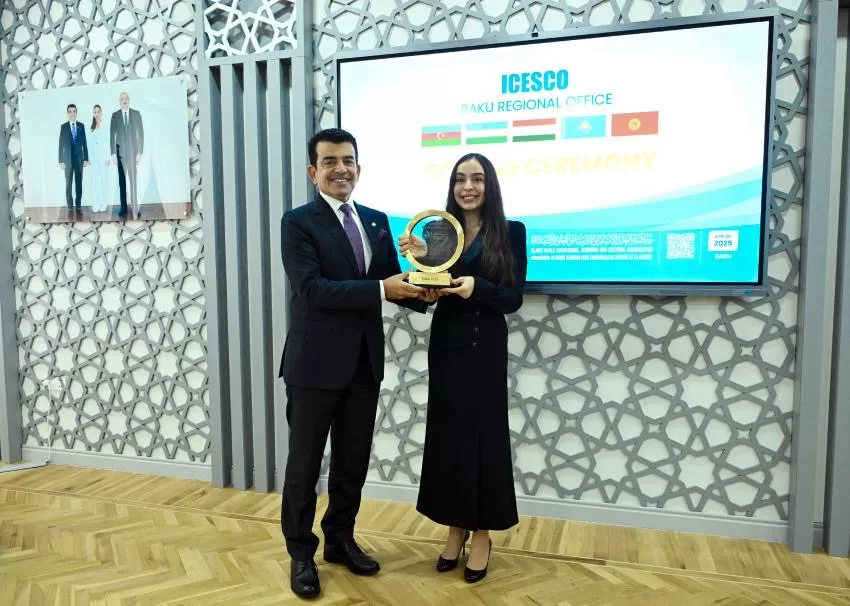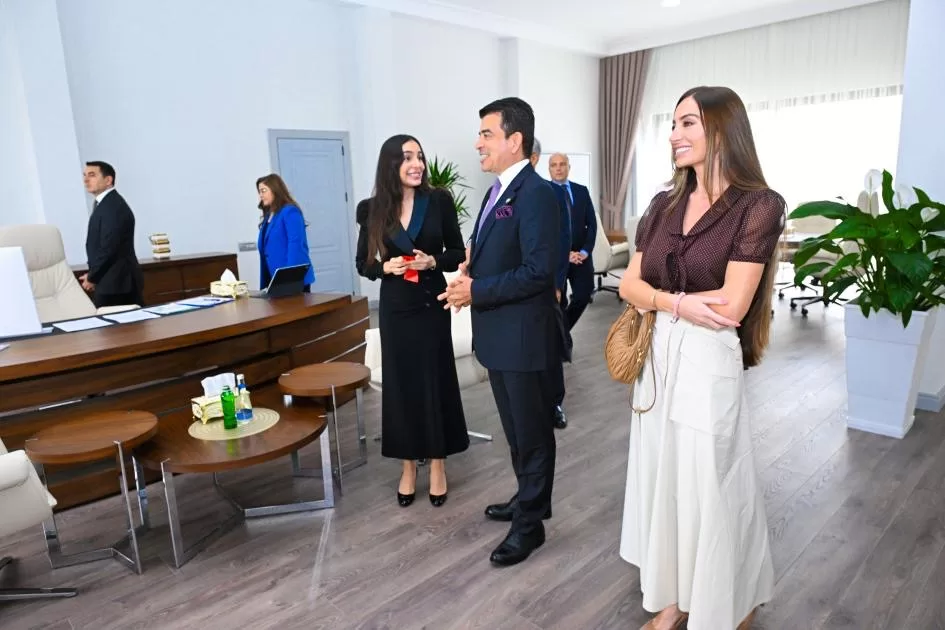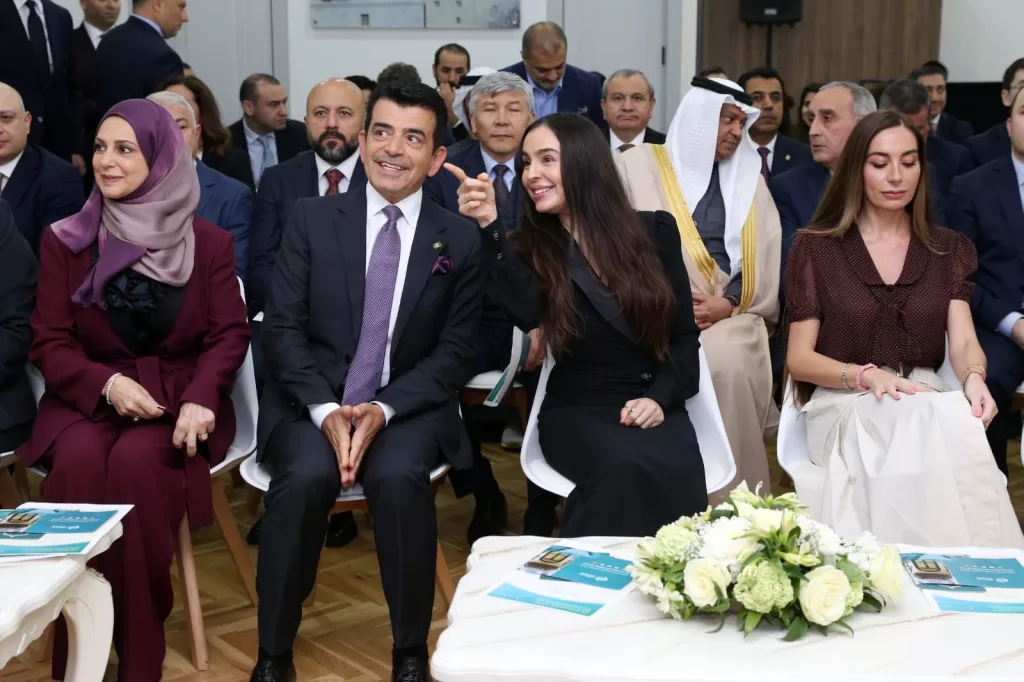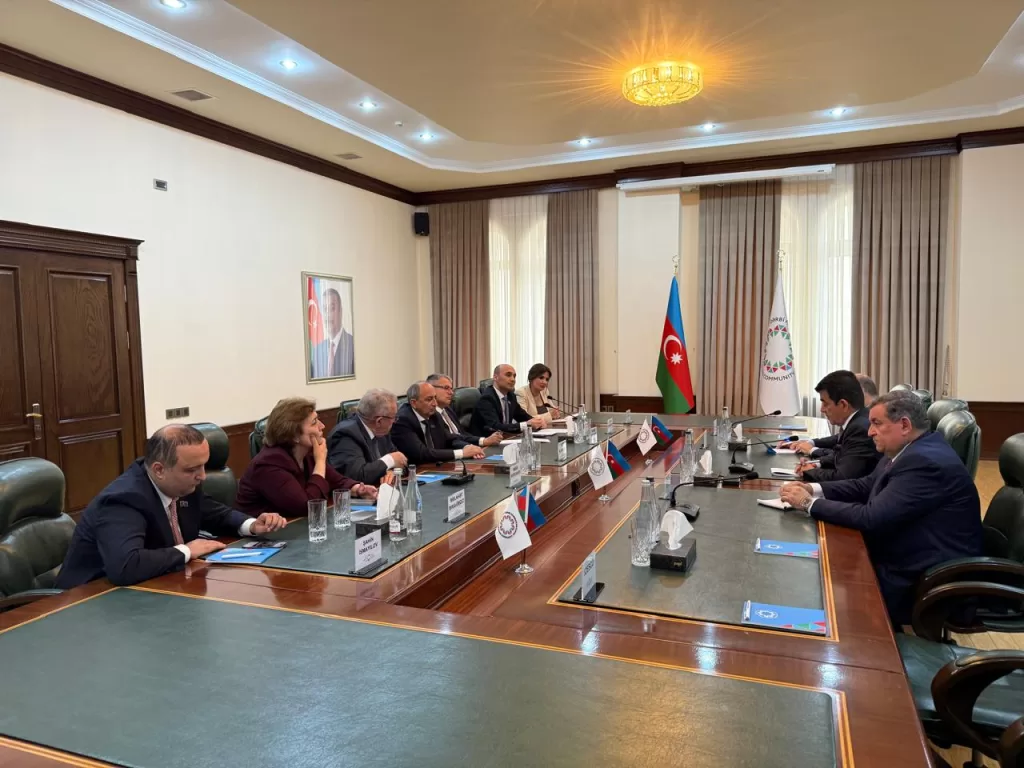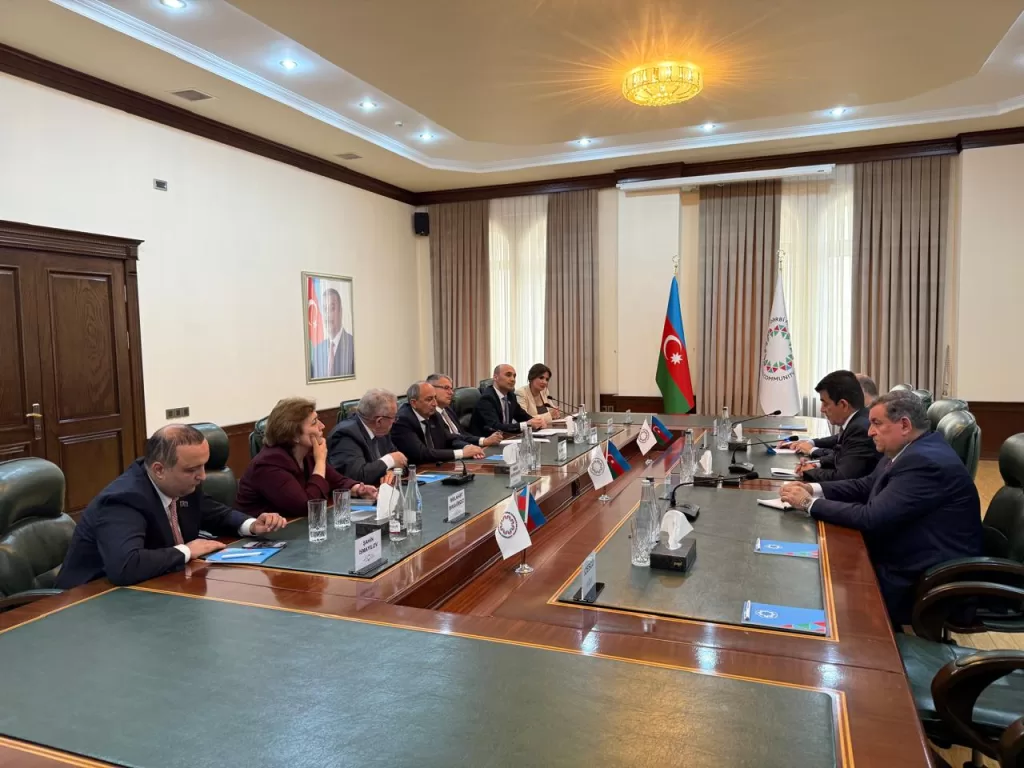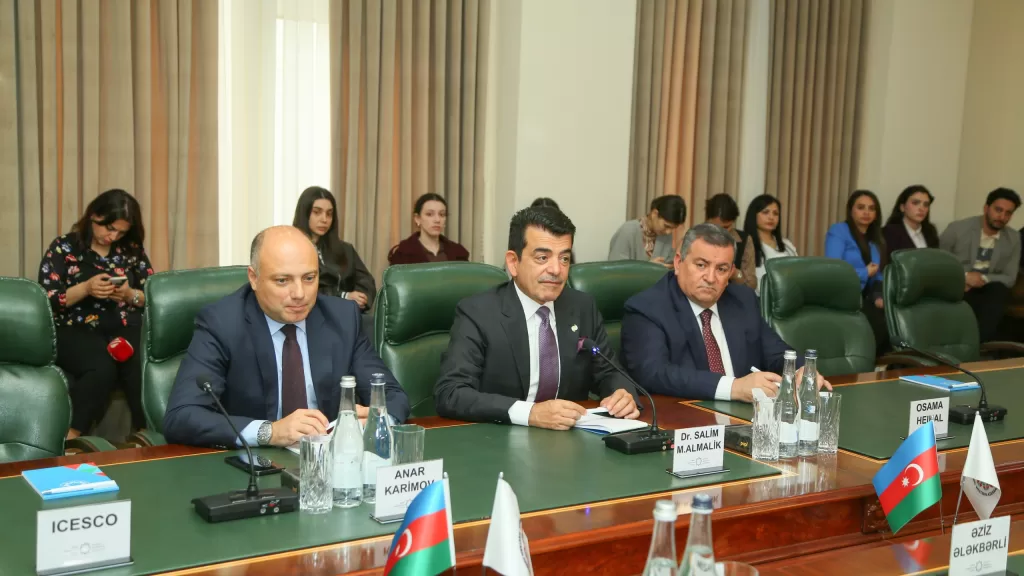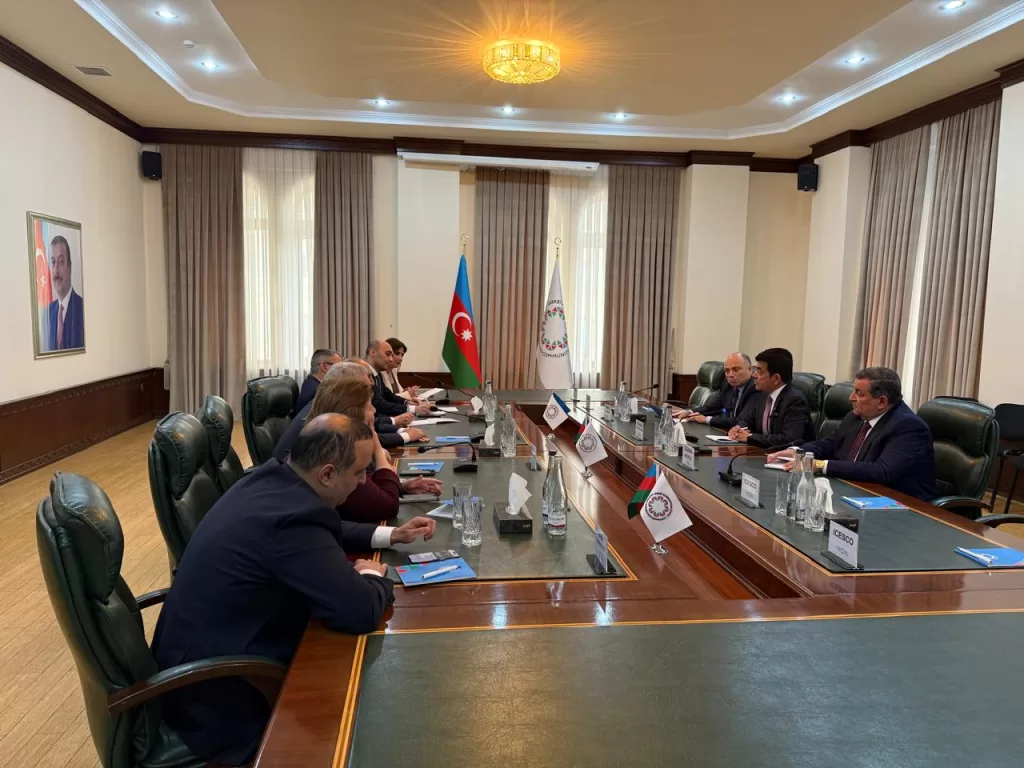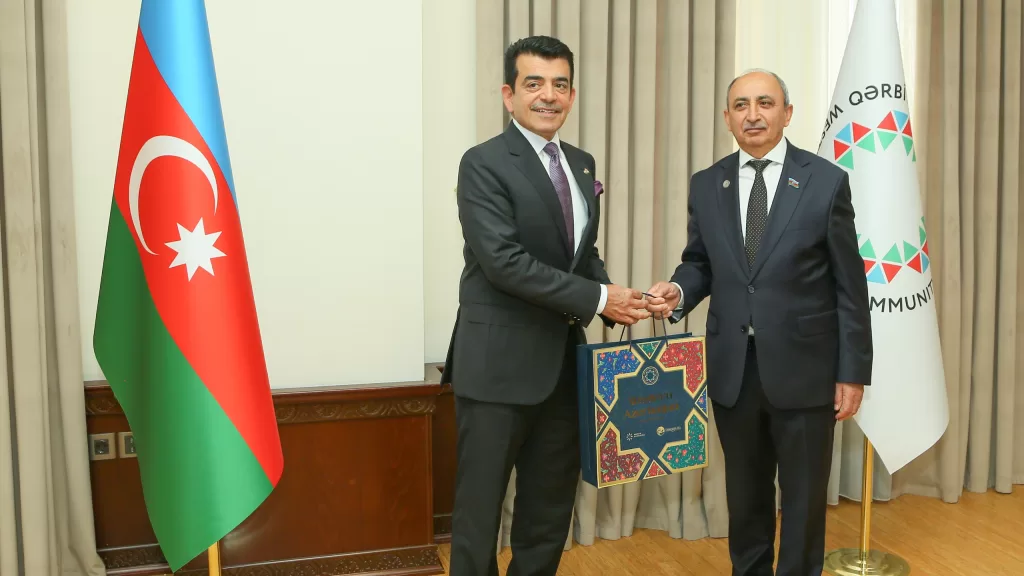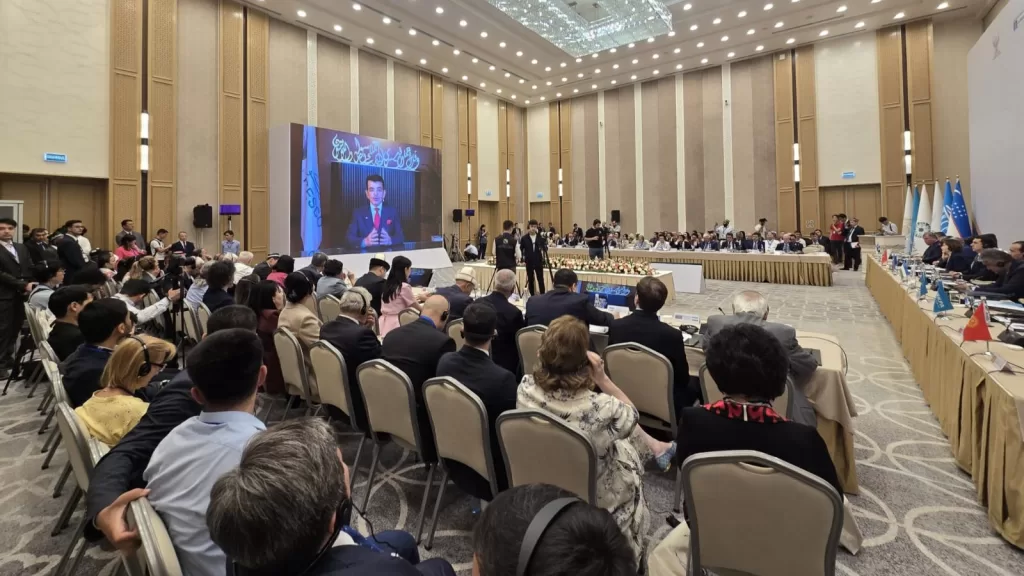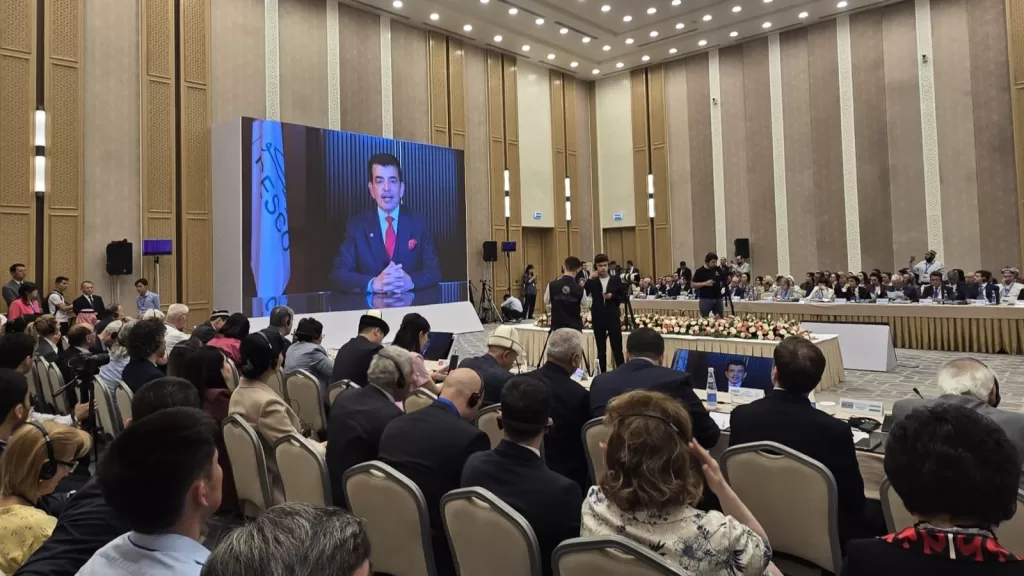On Wednesday, 7 May 2025, the Islamic World Educational, Scientific and Cultural Organization (ICESCO) concluded a training workshop in Derna, Libya, aimed at strengthening psychosocial response during disasters. The workshop was organized by ICESCO’s Social and Human Sciences Sector, in cooperation with the Libyan National Commission for Education, Culture and Science, and the University of Derna.
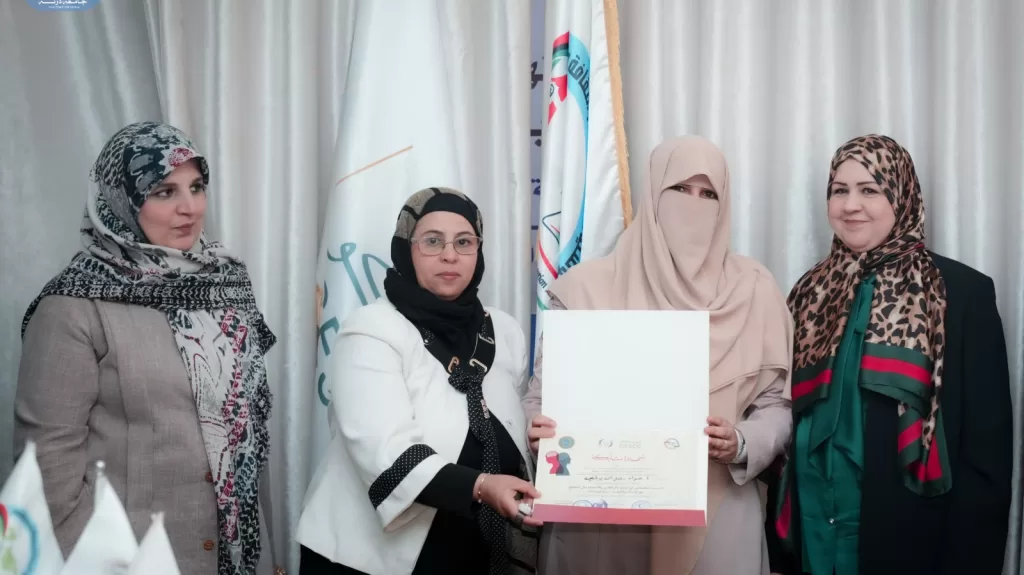
The workshop targeted 30 participants, including specialists in psychology and sociology, security professionals, and representatives from civil society organizations. Over the course of four intensive days, they attended lectures covering emergency psychological intervention strategies and tools during crises, self-protection methods, and effective ways of coping with disaster-related stress.
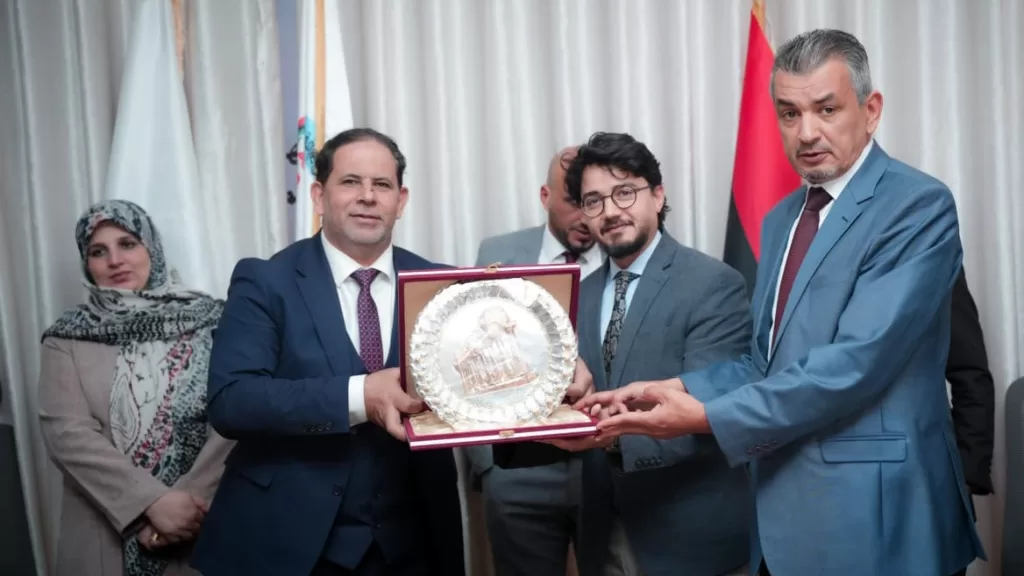
The sessions were delivered by a distinguished group of experts in psychology, sociology, and law.
The workshop concluded with a set of recommendations, including the need to focus on training professionals in psychological first aid, employing modern technologies to develop more effective responses during humanitarian and natural disasters, and enhancing partnerships with relevant bodies to ensure a coordinated effort in the field.
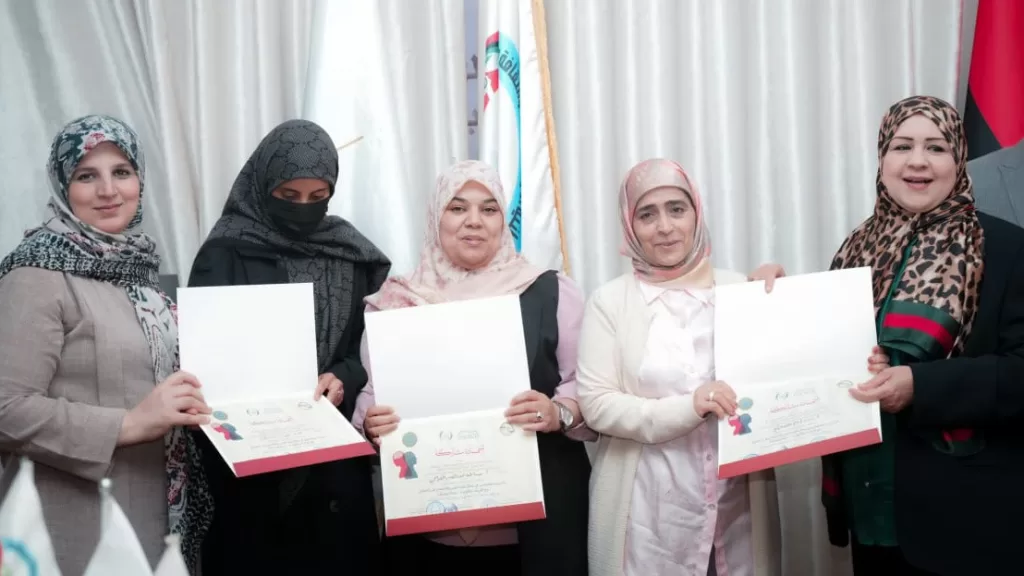
During the closing ceremony, the Libyan National Commission for Education, Culture and Science presented an honorary shield to Dr. Salim AlMalik, Director-General of ICESCO, in recognition of ICESCO’s efforts in the fields of education, science, and culture, and its commitment to supporting mental health programs in the Member States. The shield was accepted on his behalf by Dr. Hassan El Hajjami, Expert at the Social and Human Sciences Sector.
For his part, Dr. Nasr Al-Mansouri, President of the University of Derna, praised ICESCO’s active role in promoting mental health and its dedication to the well-being of children, youth, and women. He affirmed the importance of continued cooperation with the Organization to achieve the Sustainable Development Goals in Libya and across the Member States.
